+30 Best Platforms to Launch Your Startup
A founder’s guide to the best platforms to launch and showcase your startup.

Looking for the best platforms to launch a startup?
Start where discovery is fastest: Product Hunt, Show HN, and targeted subreddits. Then build lasting trust where buyers research G2 and Capterra and meet users in app marketplaces like Shopify, Slack, Chrome Web Store, and Apple/Google Play.
For early feedback and signups, add Indie Hackers and BetaList. If your pricing fits, try AppSumo or PitchGround.
Pick channels based on who you sell to (B2B vs. consumer), how you charge (subscription, one-time, marketplace), and what you ship (extension, mobile app, or SaaS with integrations).
Choosing the best platforms to launch a startup by Goal
1) Launch & Discovery
These are the fastest places to get eyes on a new product.
✅ Product Hunt
- Best for: Broad tech discovery and quick social proof
- Do: Use clear visuals, a 60–90s demo, short founder replies, 1–2 early testimonials
- Avoid: Launching alone or with a weak tagline
- Track: Upvotes, comments, clicks to site, week-one signups
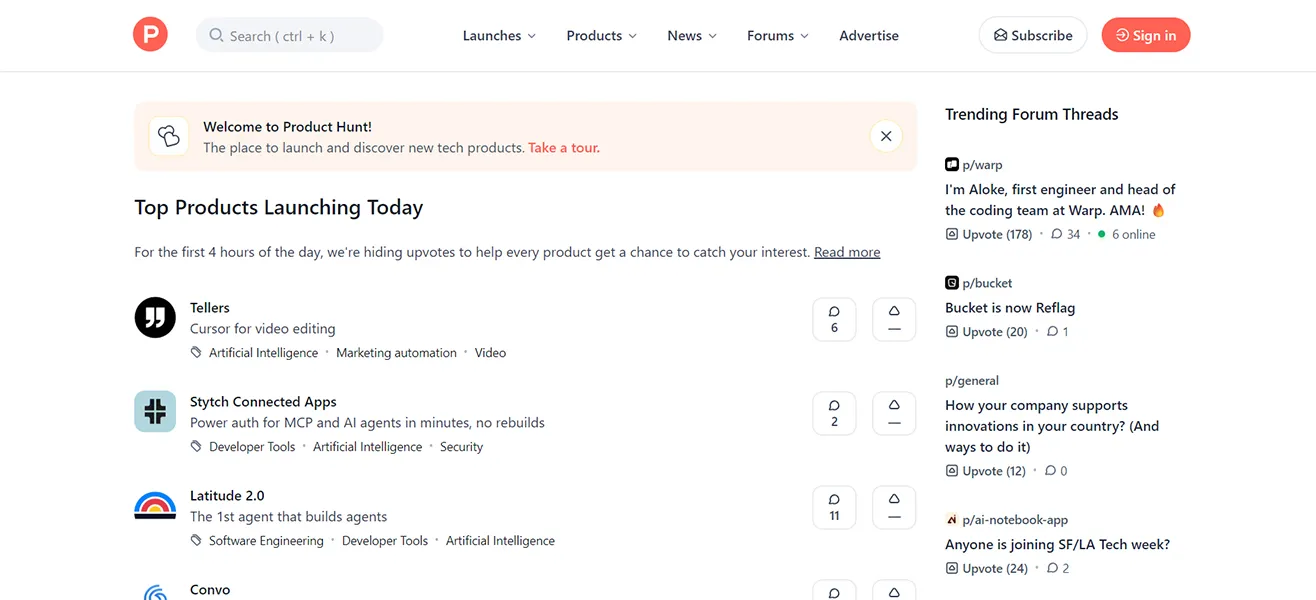
✅ Hacker News (Show HN)
- Best for: Technical audiences, dev tools, open-source SaaS
- Do: Share a clean demo link, repo/README, and a plain “what/why/how”
- Avoid: Hypey language or broken links
- Track: Upvotes, GitHub stars, signups

✅ Reddit (r/startups, r/Entrepreneur, r/SaaS, r/SideProject)
- Best for: Targeted communities and honest feedback
- Do: Post value first (what you learned, how-to, numbers), reply to comments
- Avoid: Pure self-promo or ignoring sub rules
- Track: Upvotes, comments, profile clicks, referral signups
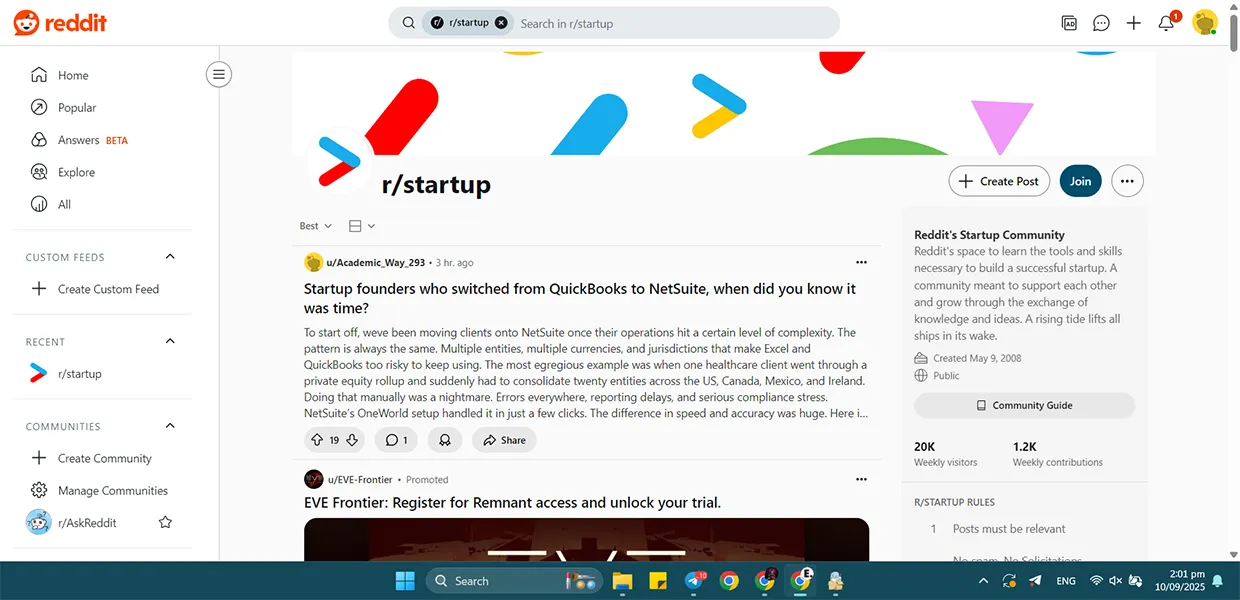
✅ Indie Hackers
- Best for: Built-in public updates that compound over time
- Do: Share progress logs, revenue milestones, lessons learned
- Avoid: Infrequent updates
- Track: Views, follower growth, signups from profile/posts
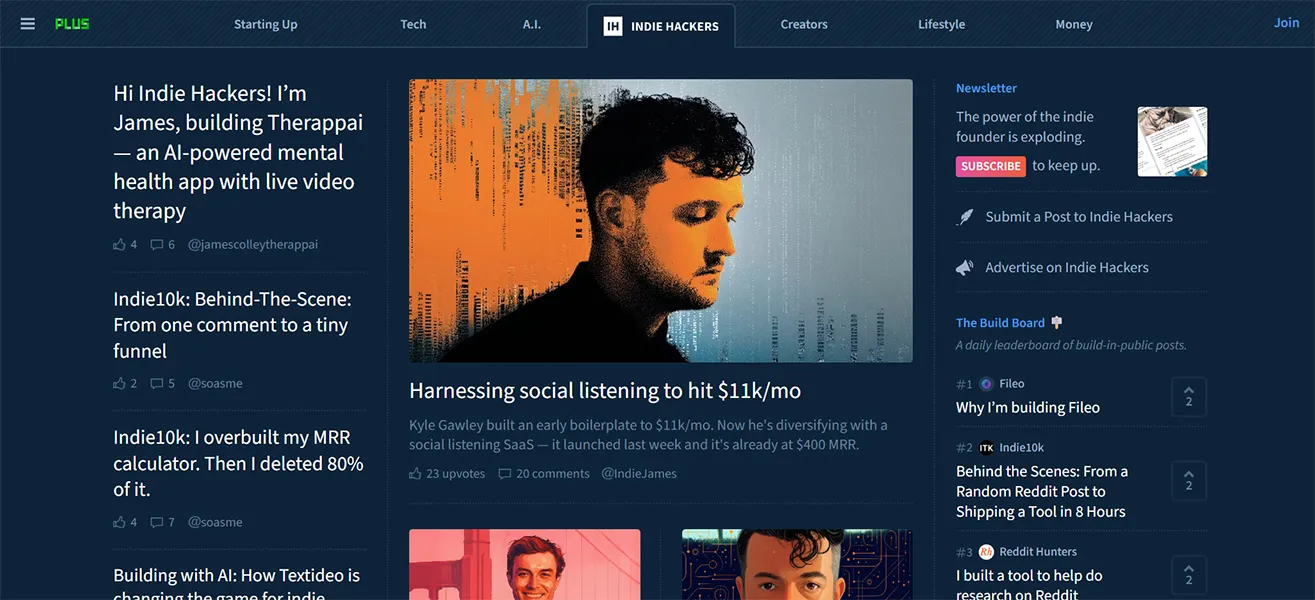
✅ BetaList
- Best for: Prelaunch testers and email capture
- Do: Write a tight one-liner and offer a clear waitlist perk
- Avoid: Weak visuals or no follow-up emails
- Track: Waitlist signups and how many testers actually try the product
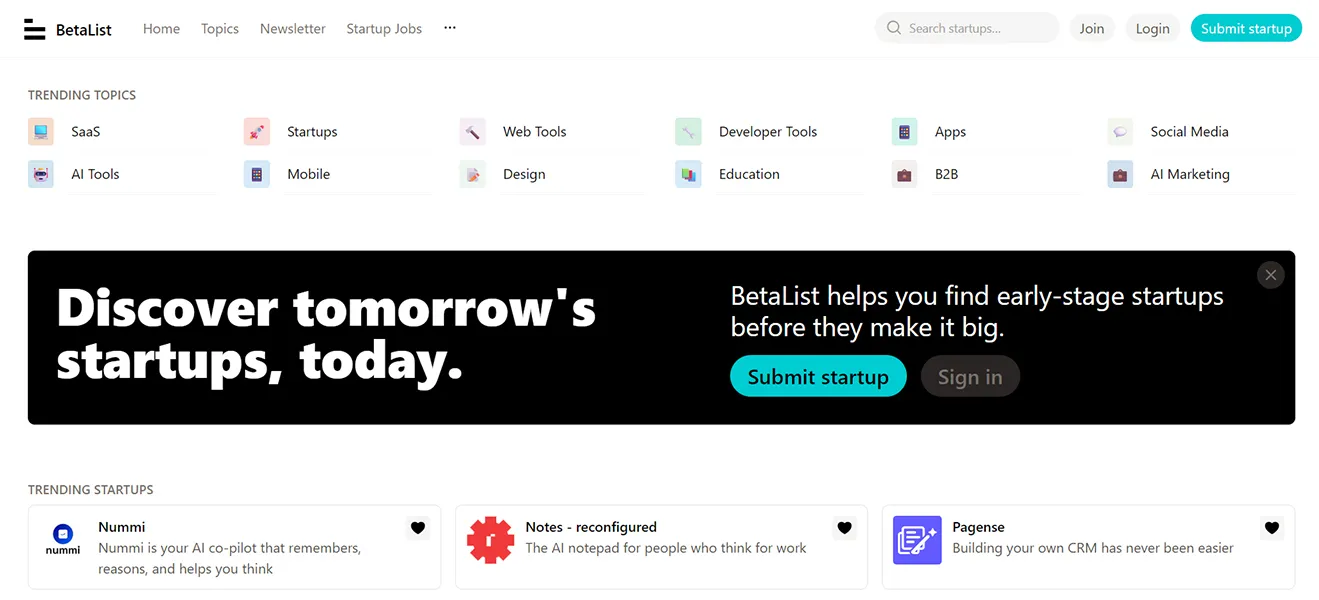
2) Reviews & Directories (B2B software review sites & startup directories)
✅ G2, Capterra, GetApp
- Best for: Buyers who are close to choosing, building category credibility.
- Do: Pick the right category, set a clear value prop, and run a simple review program (email ask + in-app prompt). Add an “Alternatives” section so buyers can compare.
- Avoid: A passive listing with few reviews or outdated screenshots.
- Track: Total reviews, average rating, clicks from profile to your demo/sign-up.
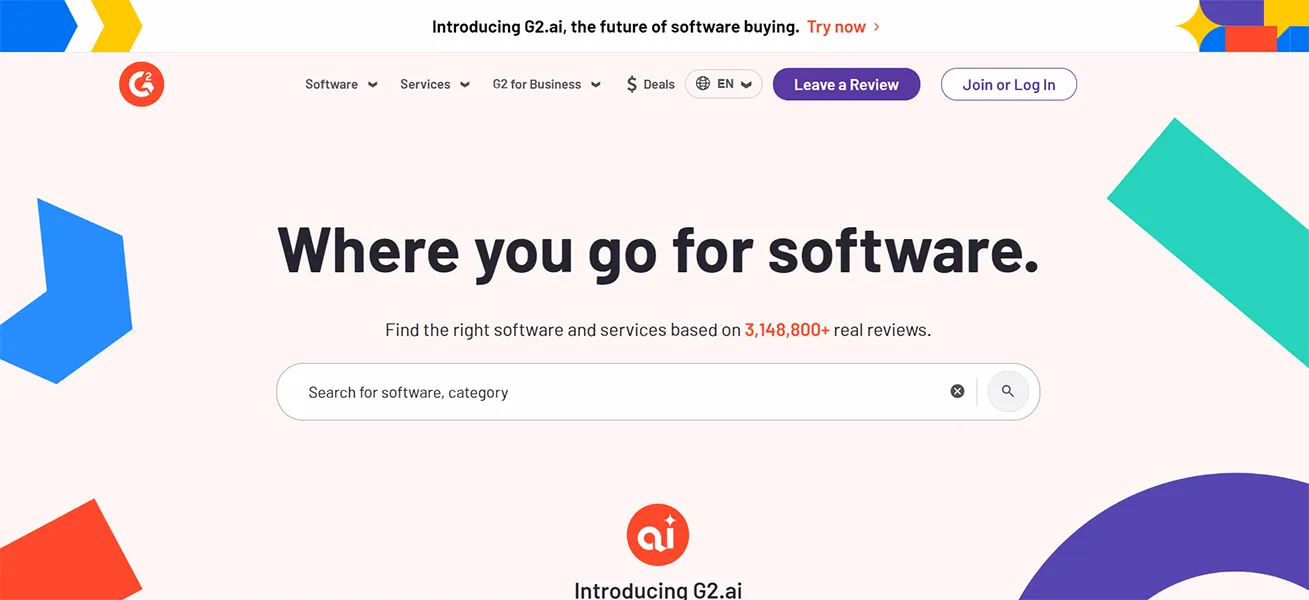
✅ AlternativeTo, StackShare
- Best for: “X vs Y” comparisons and developer research.
- Do: Map your main alternatives, list key integrations, and explain when to choose you.
- Avoid: Thin pages with no use cases or missing integrations.
- Track: Profile views and outbound clicks to your site or docs.
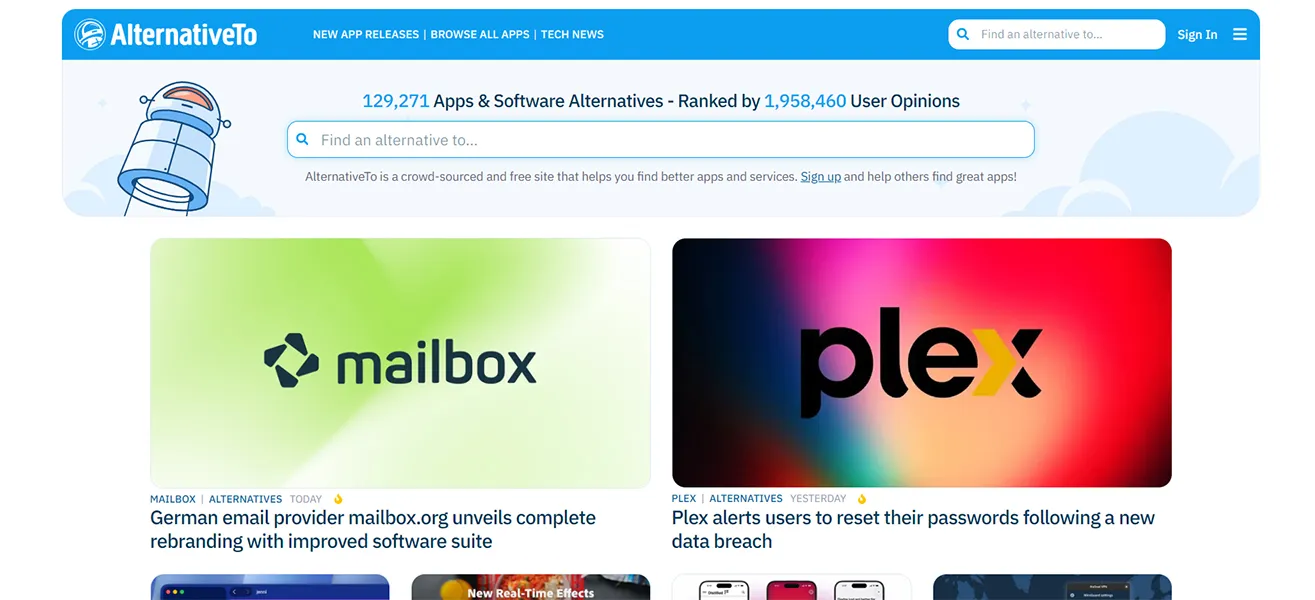
Useful Resource: Best Platforms to Find Investors for Startups
3) App Stores & Ecosystem Marketplaces (app marketplaces)
✅ Slack, Shopify, HubSpot, WordPress, Atlassian, Chrome Web Store
- Best for: Reaching small businesses and professionals where they already work; great if your product is an integration or add-on.
- Do:
- Write problem-led listing copy (what it fixes, for whom).
- Use keyword-rich titles and tags.
- Add clear screenshots and a short video/GIF demo.
- Avoid: Shipping an integration that’s “nice to have.” Aim for daily use or a clear time saver.
- Track: Impressions → installs, activation rate (how many new users actually use it), and 30-day retention.

✅ Cloud Marketplaces (AWS, Azure, Google Cloud)
- Best for: Enterprise buyers and “buy through the cloud bill” deals; chances to sell together with the cloud provider.
- Do:
- Prepare compliance and security docs.
- Align pricing with how the marketplace bills.
- Publish simple deployment and usage guides.
- Avoid: Underestimating legal and security review time.
- Track: Private offers opened, opportunities added to the pipeline, and closed-won deals attributed to the marketplace.
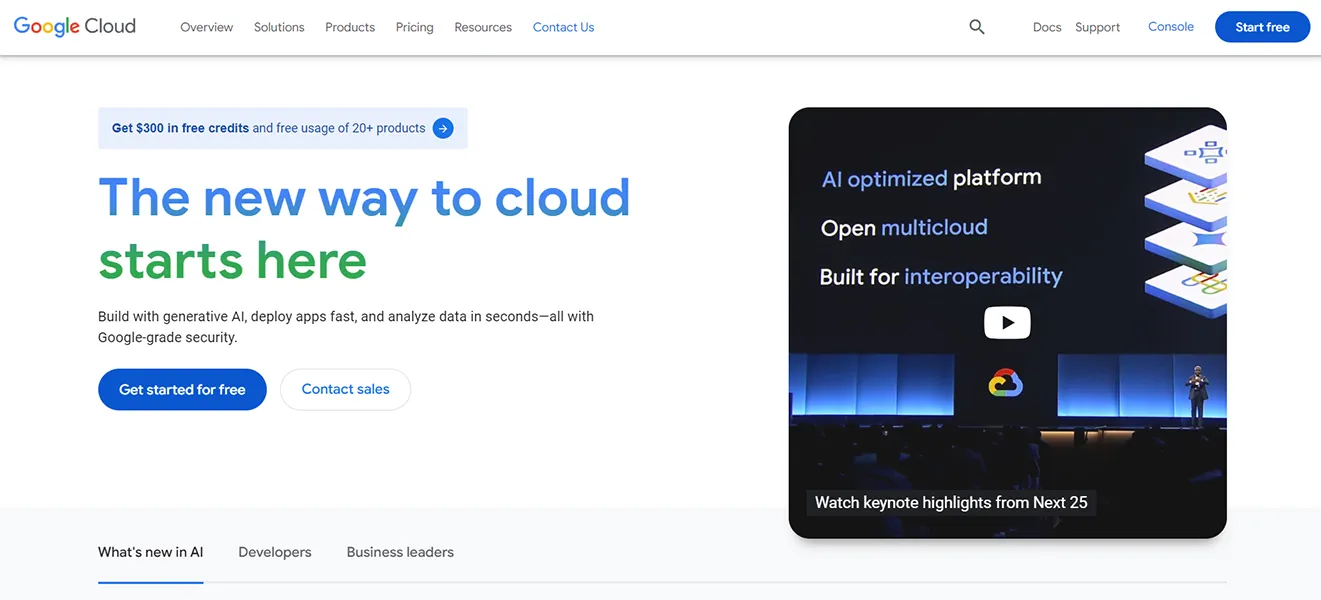
4) Mobile & Consumer (mobile apps & crowdfunding)
✅ Apple App Store, Google Play
- Best for: Mobile-first consumer or prosumer apps.
- Do:
- Add strong app store keywords (title, subtitle, description).
- Plan a steady flow of early ratings (ask happy users in-app).
- Use localized screenshots with short captions that show benefits.
- Avoid: Ignoring first-week retention or skipping review prompts.
- Track: Impressions → installs, day-1/day-7 retention, rating count, and average score.

Must Read: Evalyze vs. Crunchbase
✅ Kickstarter, Indiegogo
- Best for: Hardware or consumer products that need preorders and good storytelling.
- Do:
- Make a compelling video that shows the problem, product, and proof.
- Offer clear reward tiers and a believable timeline.
- Avoid: Unrealistic delivery dates or vague updates.
- Track: Pledge velocity (daily $), average pledge size, and backer-update CTR.
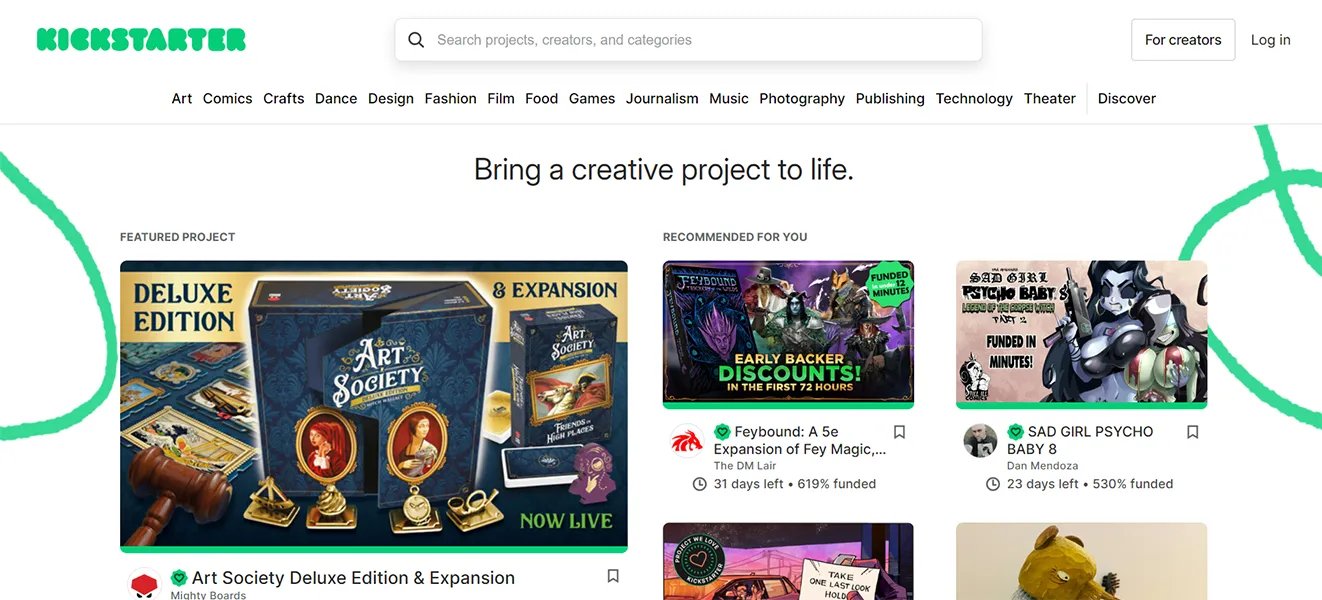
5) Deals & Early Traction (deal marketplaces)
✅ AppSumo / PitchGround
- Best for: Quick cash flow and lots of new users fast.
- Do:
- Set clear lifetime deal (LTD) limits (what’s included, future pricing).
- Prepare a support plan for the surge.
- Automate onboarding so new users succeed on day one.
- Avoid: Pricing the LTD too low or offering everything forever; losing users after the promo.
- Track: Net revenue, NPS (customer happiness), upsell rate to paid plans/add-ons, and refund rate.
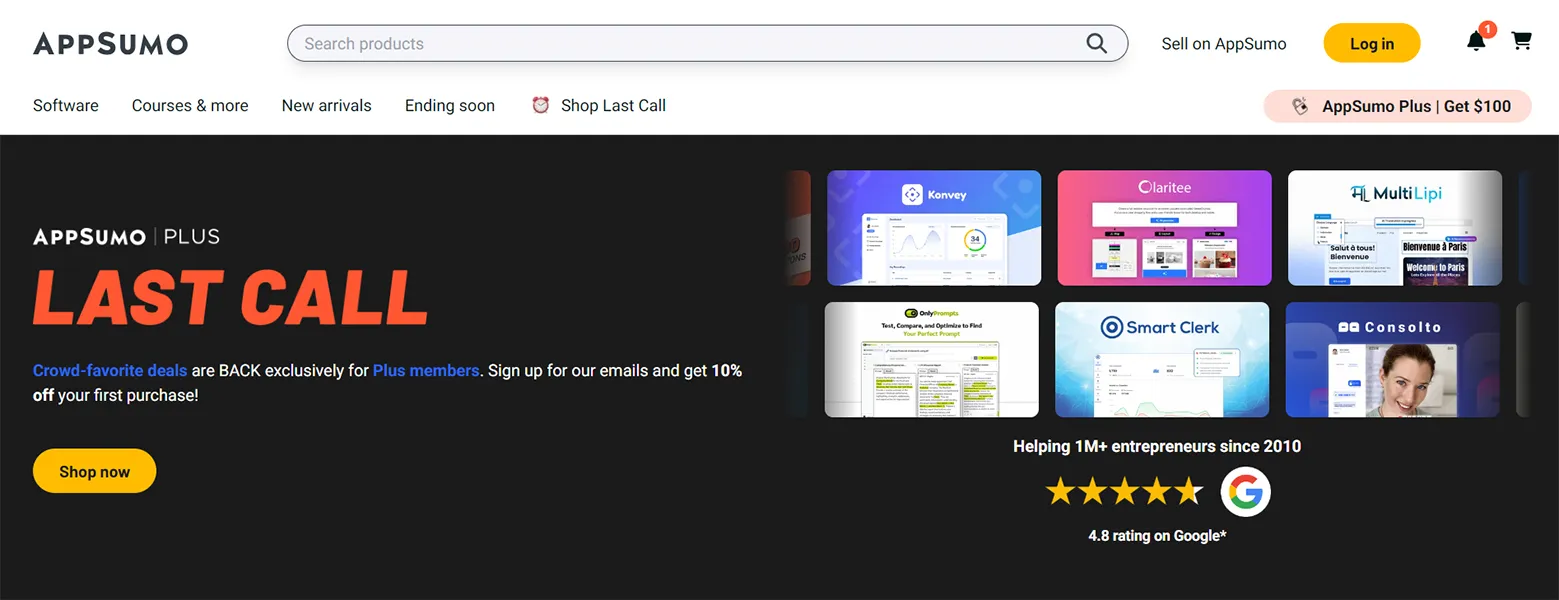
6) Developer-Led Growth (dev tools & open-source)
✅ GitHub, Dev.to, StackShare, Show HN
- Best for: Dev tools, SDKs, and APIs that win with code and docs.
- Do:
- Publish example repos and a 5-minute quickstart.
- Write clear integration tutorials and link to docs.
- Keep issues active and respond to feedback.
- Avoid: Docs with no runnable examples or complex setup steps.
- Track: GitHub stars/forks, package downloads (npm/pip), doc clicks, and trial signups.
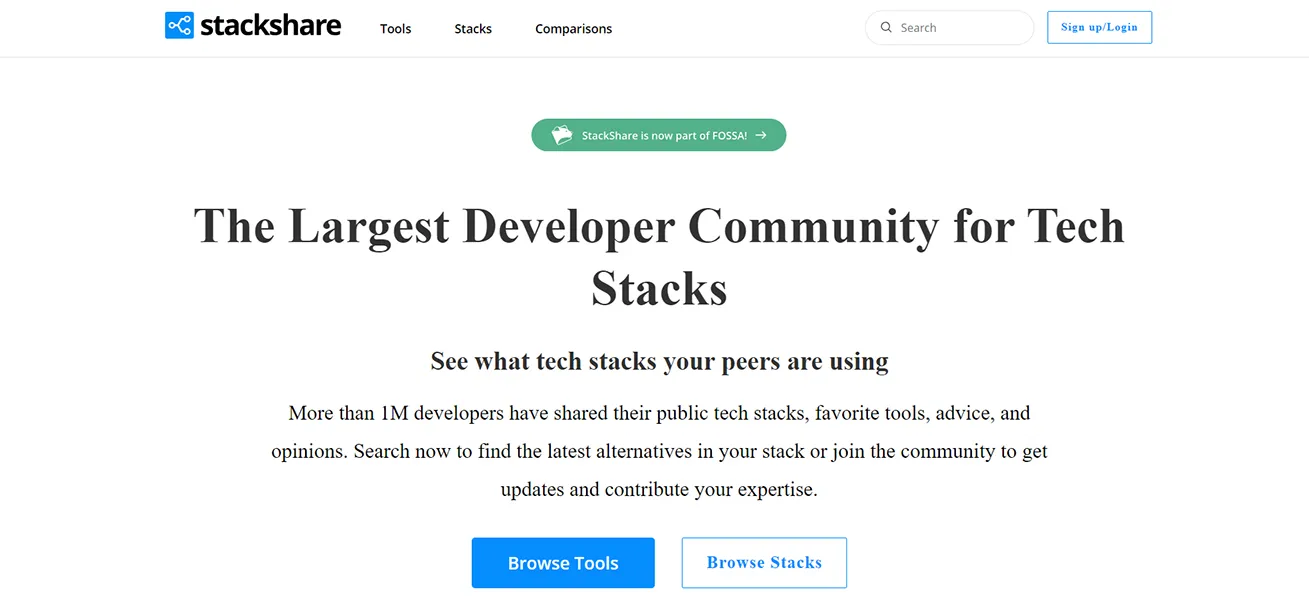
How to choose the best platforms to launch a startup?
1) Audience fit
Go where your buyers already look for tools. If you sell to small teams or solo founders, start with discovery channels like Product Hunt, Show HN, and targeted subreddits (plus Product Hunt alternatives and startup directories).
If you sell to businesses, add B2B software review sites like G2 and Capterra.
If your product is an add-on, list in app marketplaces (Slack, Shopify, Chrome Web Store).
2) Intent level
Match platform intent to your goal. Browsing platforms (PH/Reddit, Indie Hackers, beta user platforms like BetaList) are great for awareness and feedback.
Buying platforms (G2/Capterra, app marketplaces, cloud marketplaces) drive demos, trials, and paid installs.
3) Effort vs. payoff
Estimate the work to win on each platform: listing setup, screenshots/video, review program, and ongoing updates. Some channels are fast to ship (PH, Reddit); others need steady maintenance (G2 reviews, marketplace SEO, release notes).
More Articles
How to Smartly Invest in Startups with evalyze.ai
Finding the right opportunities when investing in startups can be challenging. Evalyze.ai is here to make it easier.
December 2, 2024
Evalyze Features: How Evalyze Helps You Raise Smarter
From pitch perfection to investor follow-ups, here's how Evalyze.ai uses AI to accelerate your fundraising journey.
July 1, 2025